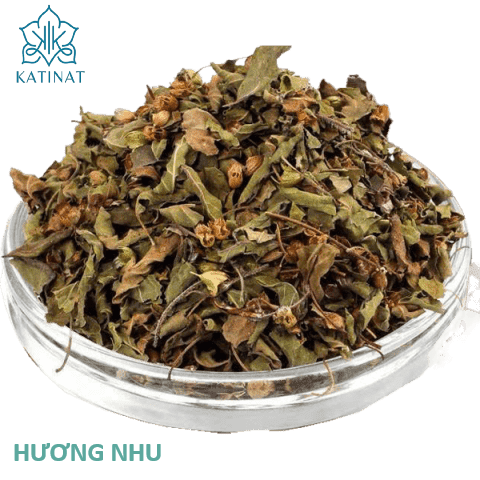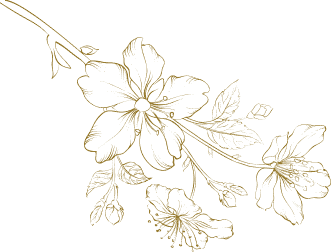
Ocimum tenuiflorum or Ocimum sanctum, Lamiaceae family, also known as purple basil, is an aromatic herb with a characteristic smell, often growing wild or cultivated as medicine. In Oriental medicine, purple basil has a spicy taste, warm properties, with many uses such as dispersing wind-cold, inducing sweating, reducing inflammation and preventing colds.
Botanical Descriptions:
Ocimum tenuiflorum or commonly known as Sacred Basil or Holy Basil is an aromatic, erect, and well-branched herb. Commonly grown in East Asia, it reaches a height of around 30 - 100 cm. It has purple flowers.The leaves are green or purple, ovate, long, and slightly toothed.
Some main medicinal uses:
1. Relieve colds, disperse wind and cold
• Often used in remedies for colds, fever without sweating, headache, stuffy nose.
• Can be boiled to help sweat in order to reduce fever and reduce body aches.
2. Relieve pain, reduce inflammation
• Has a mild anti-inflammatory effect, often used to treat toothache, headache, joint pain caused by wind and cold.
• Can be used externally, crushed and applied to the painful area or used in decoction form.
3. Regulate digestion
• Purple basil helps stimulate digestion, treat bloating, indigestion, mild diarrhea.
• Often used for people with digestive disorders due to cold stomach.
4. Clean skin, treat dandruff
• Basil decoction used to wash hair helps clean the scalp, treat dandruff and prevent hair loss.
• Use externally to help clean pores, support treatment of mild acne.
5. Anti-bacterial, increase resistance
• Contains essential oils with antibacterial properties, helps protect the respiratory and digestive tracts.
• Often used to prevent colds when the weather changes.
Notes when using:
• Do not use for people with high fever due to heat poisoning (dry mouth, thirst, red face).
• Pregnant women should consult a doctor before using.
• Should be used fresh or dried properly, stored in a dry place to ensure effectiveness.





